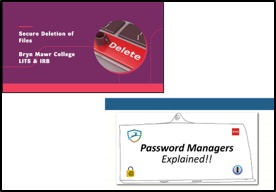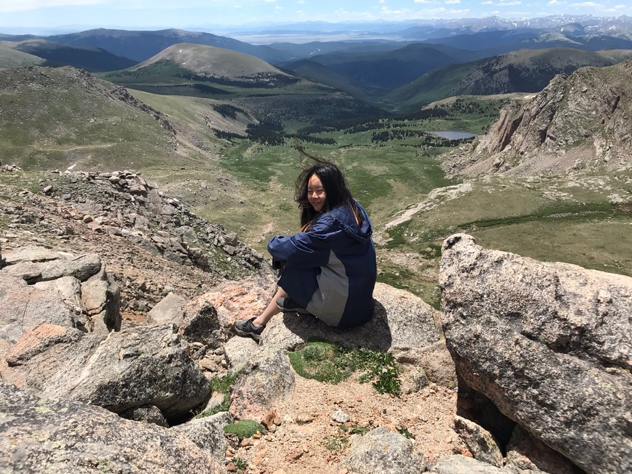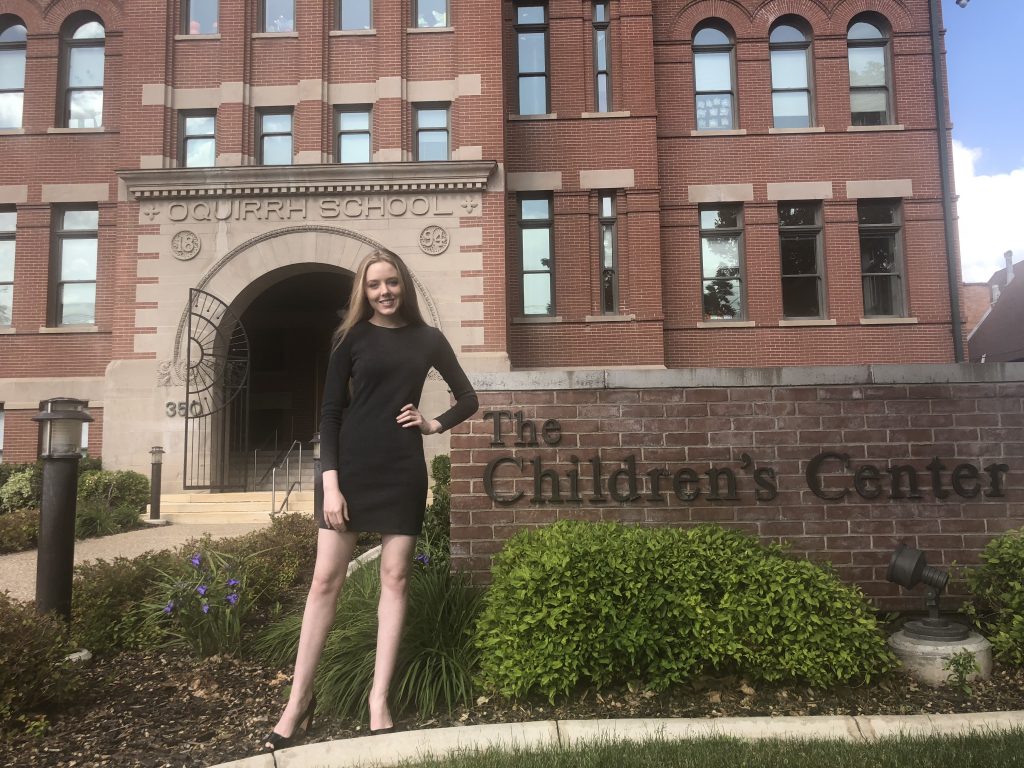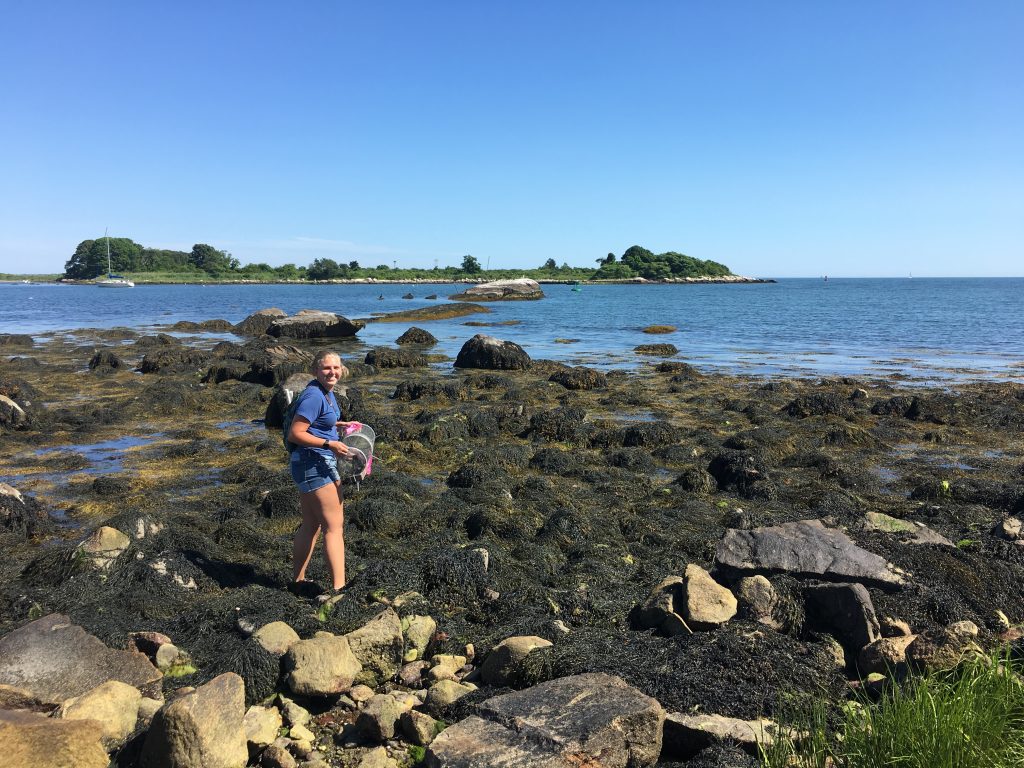Internship Placement: Philadelphia VIP
If someone asked me to describe my childhood, I would say that philanthropy was at the heart of it. Whether I was offering my time through community service or giving monetary donations to charities that my church supported, I was always encouraged to give what I had. As well as being involved in the church, and charitable organizations like Girl Scouts and the National Honor Society, by the time I was 18, I had lived in 10 different places, spanning states, countries, and continents. This particular aspect of my childhood exposed me to an array of cultures, governments, and economic structures; therefore, I learned at an early age that need was everywhere. It did not take long for me to understand why generosity was so important.
However, during my sophomore year at Bryn Mawr College, my understanding of philanthropy changed. I can recall the excitement hanging in the air that fall semester. All around me, women were lively and carefree; we made fun of the ridiculous things we heard on Fox News and we were eager for the moment we could finally exclaim that this country was being headed by a woman. Finally, America was progressing. Yet, as much as I remember that fleeting, hopeful sentiment, what overshadows it is the shock, despair, and fear that my community and I felt the early morning of Nov. 9, 2016. What unfolded in the following months was a change in my spirit. Suddenly, I was being forced to come to terms with the kind of dismal future that my mother and her family would face as immigrants from Ecuador. I would be forced to watch as my white, wealthy father would continue to prosper while my low-income mother, with whom I had never lived, would potentially lose everything for which she had worked incredibly hard.
What was happening? How did this happen? Why was there so much selfishness and hatred?
I had so many questions. I cried for days and I prayed for weeks. I brooded with anger and I protested when I could. I disowned my religion and devoted myself to compassion, truth, and education. I was not going to sit by and do nothing as the lives of millions of people were now in the hands of a spray-tanned, narcissistic demagogue.
Queue Philadelphia VIP. When I began looking for summer internships, prioritizing a philanthropic cause, I noticed this nonprofit. Their slogan is “since 1981, the hub of pro bono legal services in Philadelphia” and their mission is preventing homelessness, stabilizing families, preserving income, and promoting community economic development for families and individuals who are at or below 200 percent of the federal poverty guidelines. I was determined to be a part of that cause and I am proud to say that I now am. While I am gaining valuable knowledge and skills at VIP, I love being able to fundraise for, plan events for, and market an organization with such a morally upright purpose. Everyday, I witness a group of inspiring people fight against powerful corporations, laws, and individuals to maintain access to justice; no matter how discouraging this world can be, my coworkers’ persistence teaches me about not just generosity, but perseverance.
Through politics, faith, and the recognition and valuation of my heritage, I have come to realize that philanthropy is not just a moral obligation of mine, it is my purpose.




